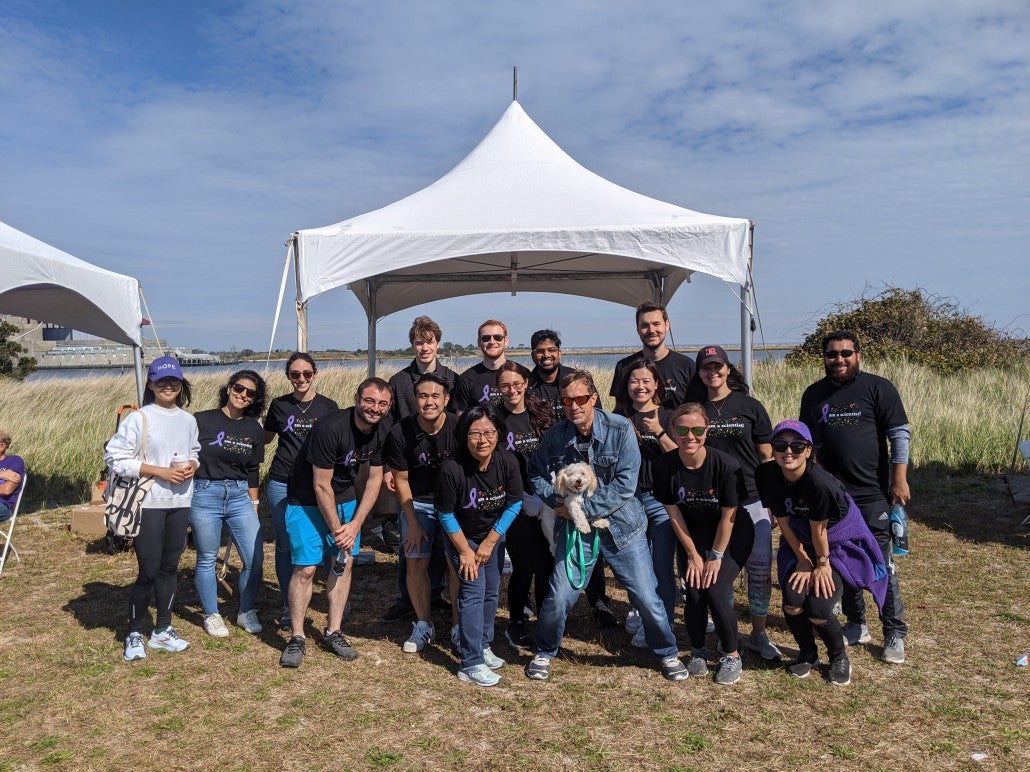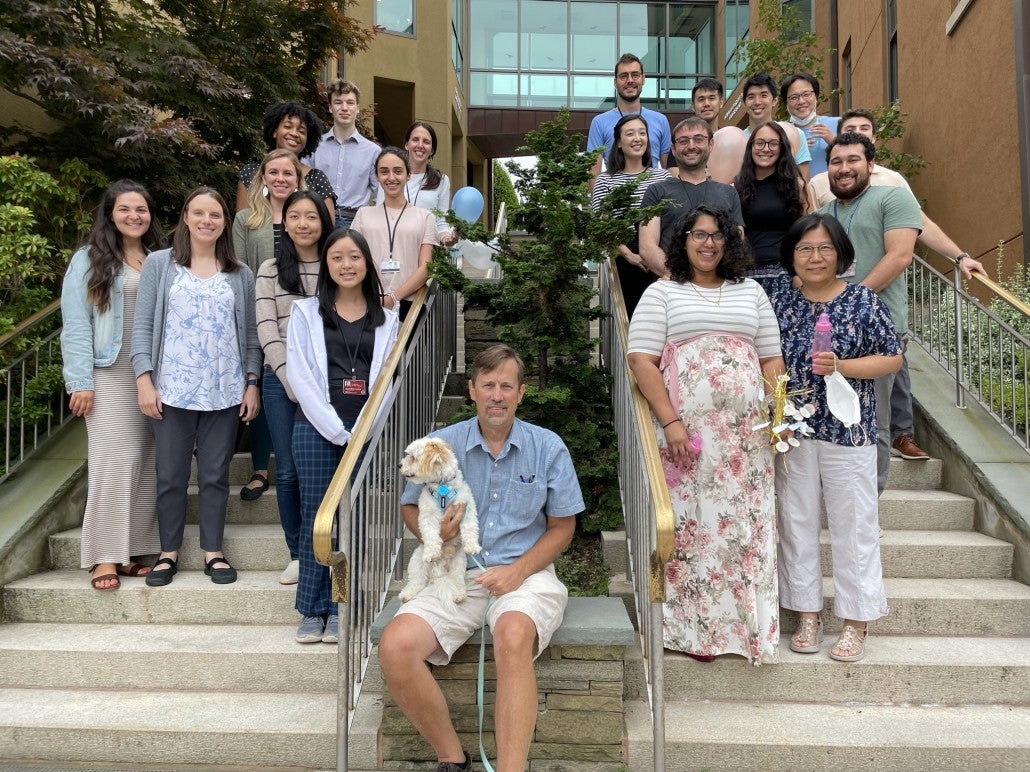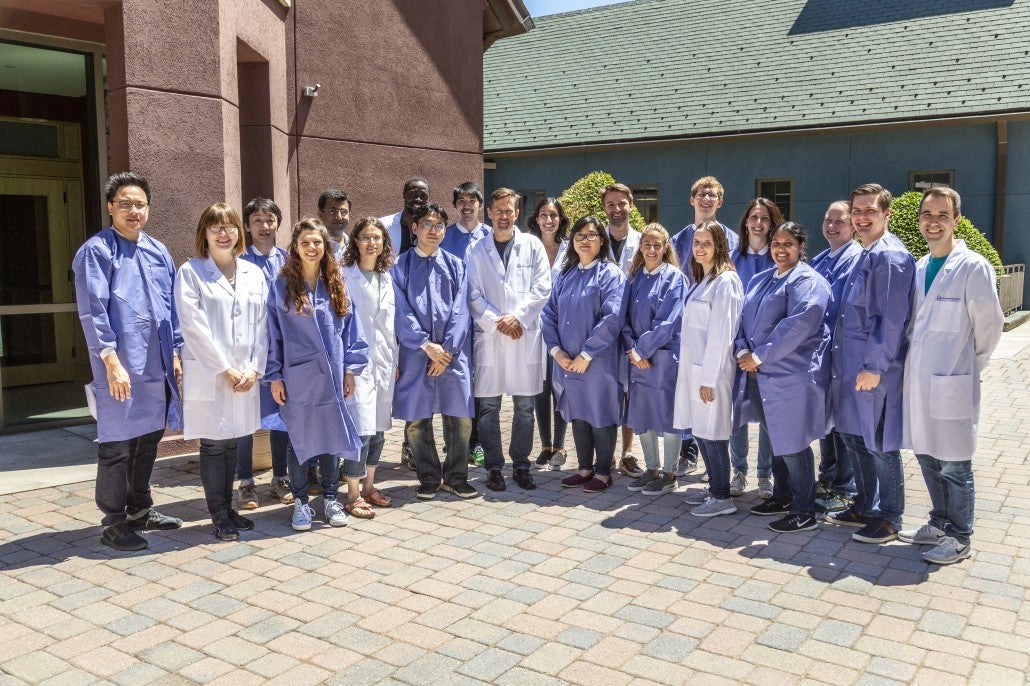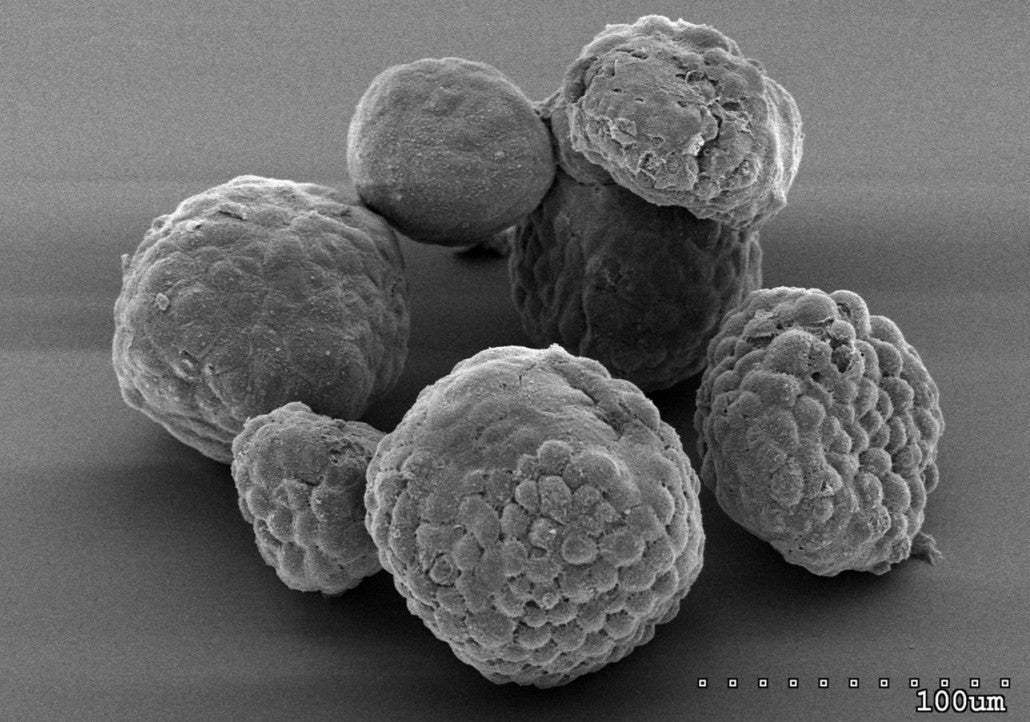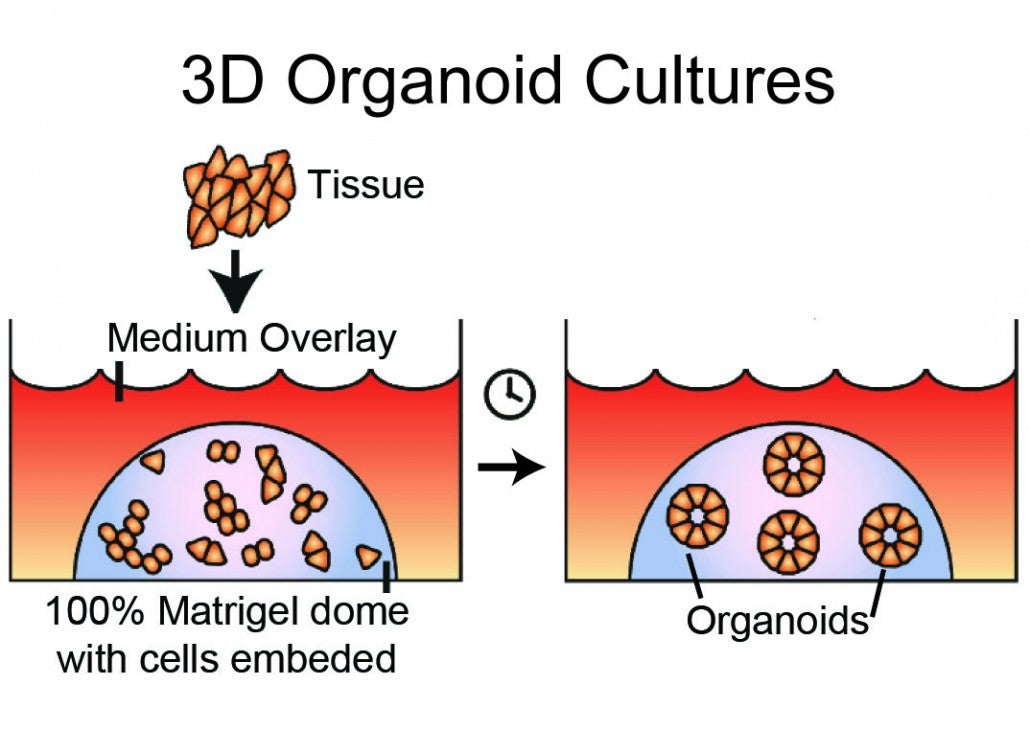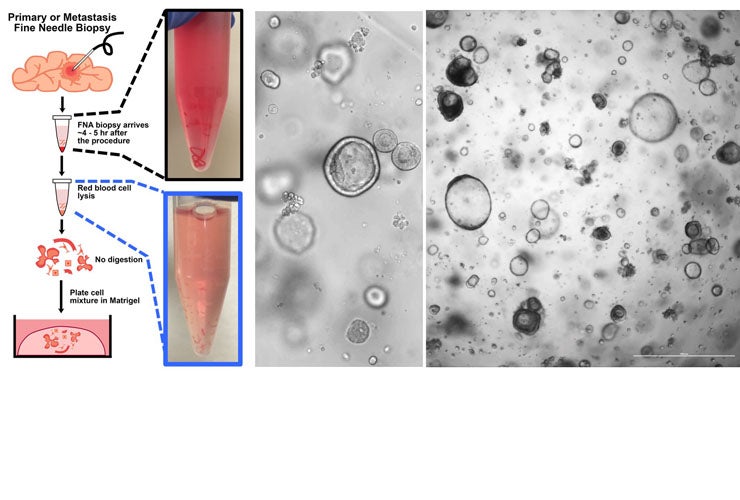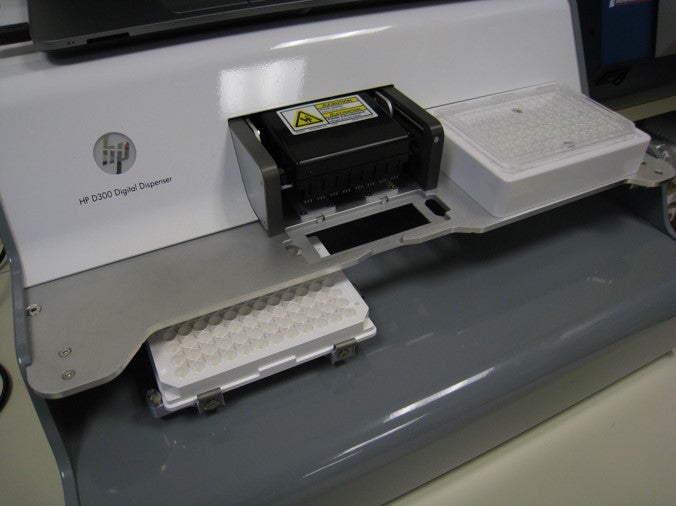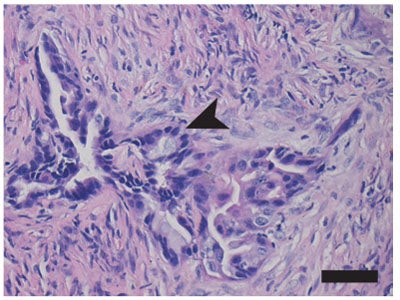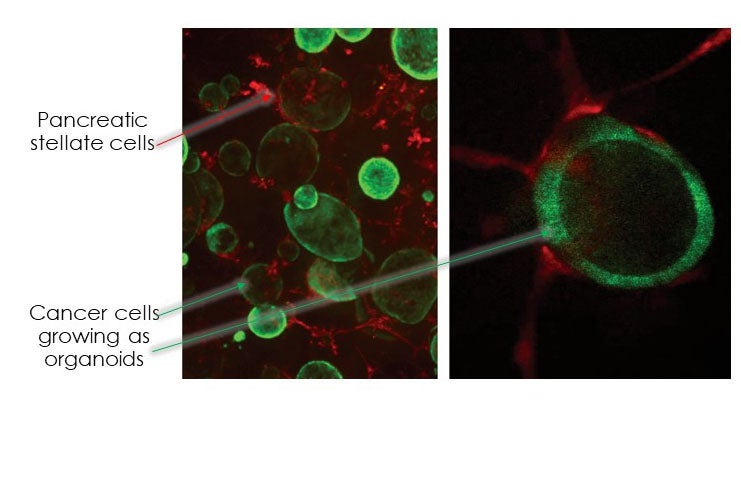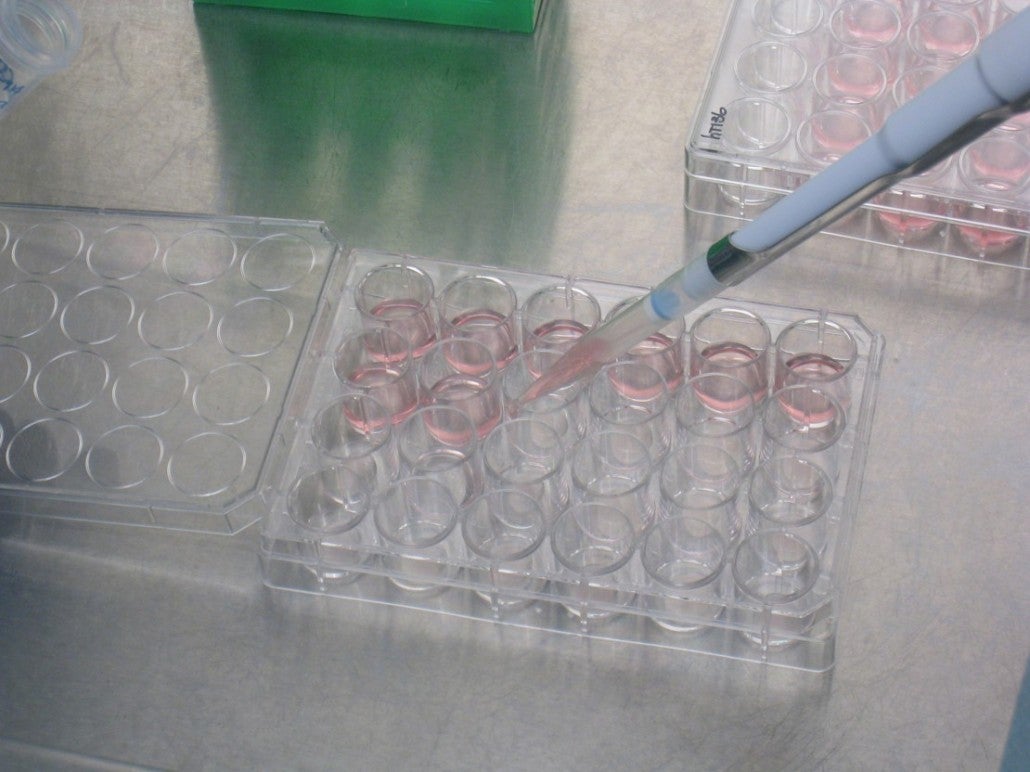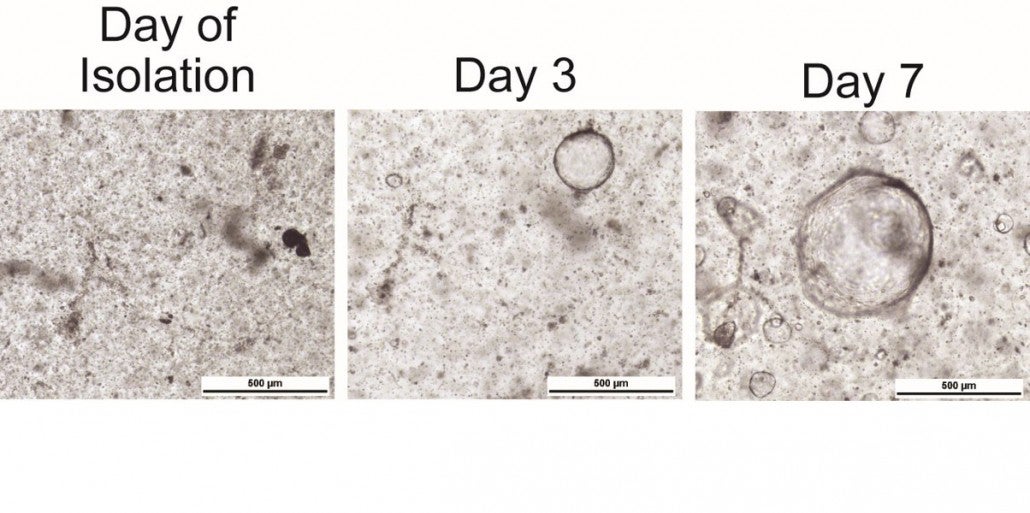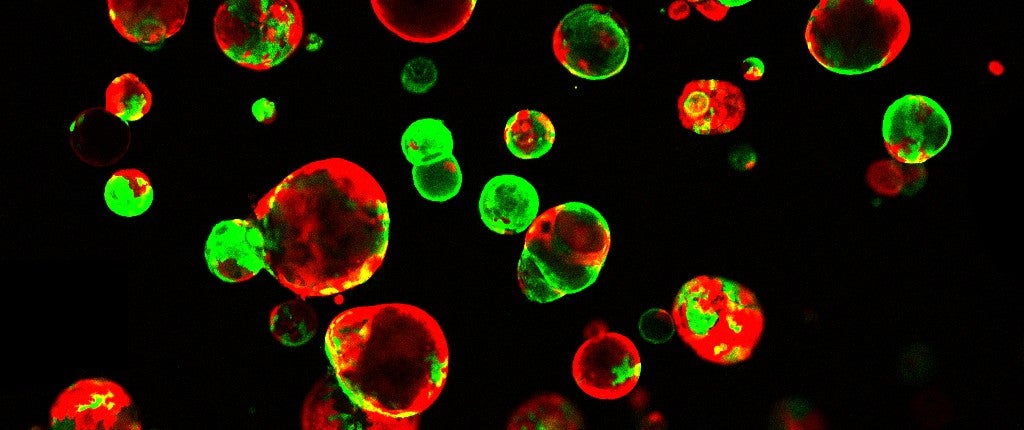The Tuveson Laboratory uses murine and human models of pancreatic cancer to explore the fundamental biology of malignancy and thereby identify new diagnostic and treatment strategies. The lab’s approaches run the gamut from designing new model systems of disease to developing new therapeutic and diagnostic approaches for rapid evaluation in preclinical and clinical settings. The lab’s studies make use of organoid cultures—three-dimensional cultures of normal or cancerous epithelia—as ex vivo models to probe cancer biology. Current projects in the lab explore changes in redox metabolism associated with pancreatic cancer tumorigenesis, dissect signaling by the Ras oncogene, discover new biomarkers of early pancreas cancer, and identify mechanisms of cross-talk between pancreatic cancer cells and the tumor stroma. Novel treatment approaches suggested by these studies are then tested by performing therapeutic experiments in mouse models. To dissect molecular changes associated with pancreatic tumorigenesis, the Tuveson lab has generated a large collection of human patient-derived organoid models. By measuring the therapeutic sensitivities of patient-derived organoids, the lab is working to identify novel strategies to treat patients as well as markers of therapeutic response. The Tuveson Laboratory maintains strong links to clinical research, and the ultimate goal is confirmation of preclinical findings in early-phase trials. Collectively, the lab’s bench-to-bedside approach is codified as the “Cancer Therapeutics Initiative,” and this initiative will provide these same approaches to the entire CSHL cancer community.
Dr. Tuveson serves as the Director of the Cold Spring Harbor Laboratory Cancer Center, President for the American Association for Cancer Research, and the Chief Scientist for the Lustgarten Foundation.


